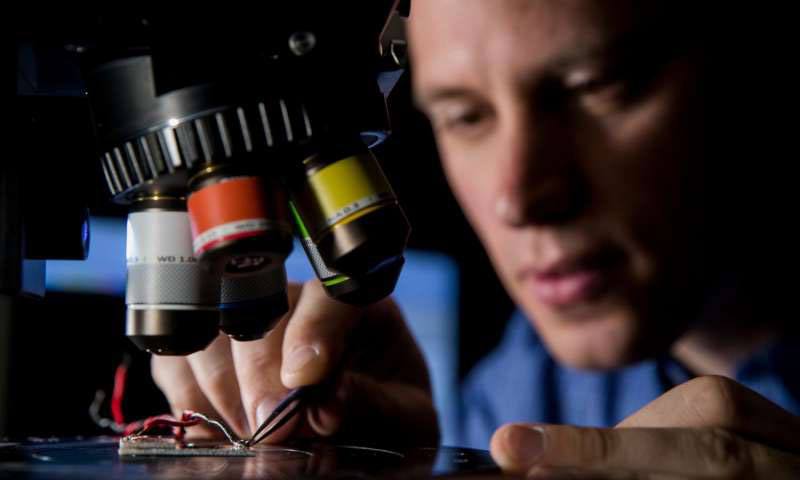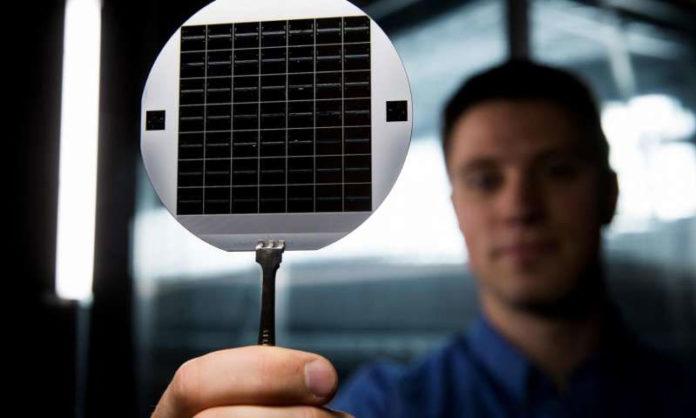The glass is transparent, hard, and easily molded into different shapes. In today’s date, glass is much less expensive and used to make many things. For example, windows, light bulbs, mirror, milk bottles and glass jars. A new technology developed by the scientists from the Brigham Young University. Scientists have developed flexible glass to be used in the microscopic world in medical devices.
Through this flexible glass, scientists have found a way to make the normally brittle material of glass bend and flex. Due to flexibility, the membranes of this new glass can bend, move up and down.
Lead author John Stout said, “Glass has some great perks. It’s stiff and solid and not a material upon which things react, it’s easy to clean, and it isn’t toxic. Glass is clean for sensitive types of samples, like blood samples. Working with this glass device will allow us to look at particles of any size and at any given range. It will also allow us to analyze the particles in the sample without modifying them.”

As scientists noted, this new flexible glass could perform successful tests using much smaller quantities of a substance. For example, instead of hiring several ounces for the blood test, it requires only a single or two drops of blood.
Professor Aaron Hawkins said, “The device also allows for faster analysis of blood samples. Instead of shipping a vial of blood to a lab and have it run through all those machines and steps, we are creating devices that can give you an answer on the spot.”
Already there is growing requirement of portable devices for rapid testing. Much of this is being realized through these microfluidic systems and devices, and the BYU device could take that testing to the next level of detail.
Hawkins said, “This has the promise of being a rapid delivery of disease diagnosis, cholesterol level testing, and virus testing. In addition, it would help in the process of healthcare knowing the correct treatment method for the patient.”
